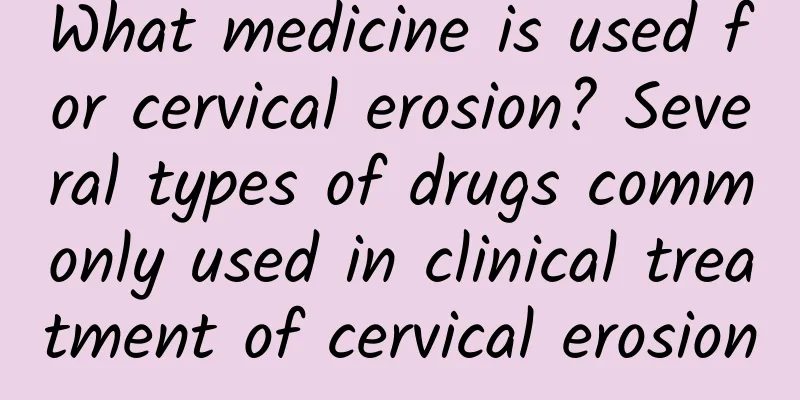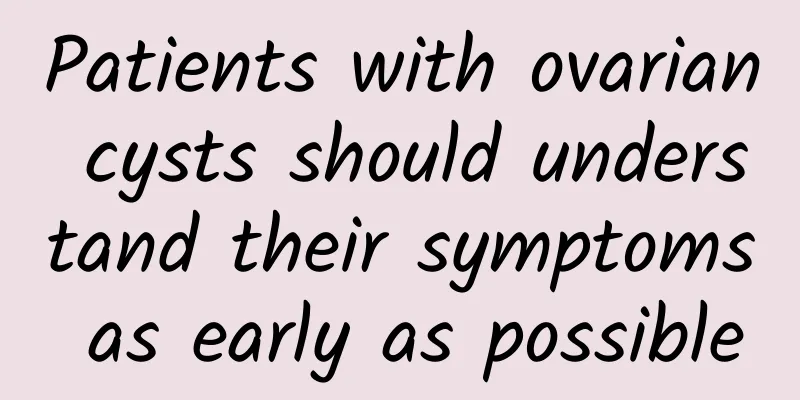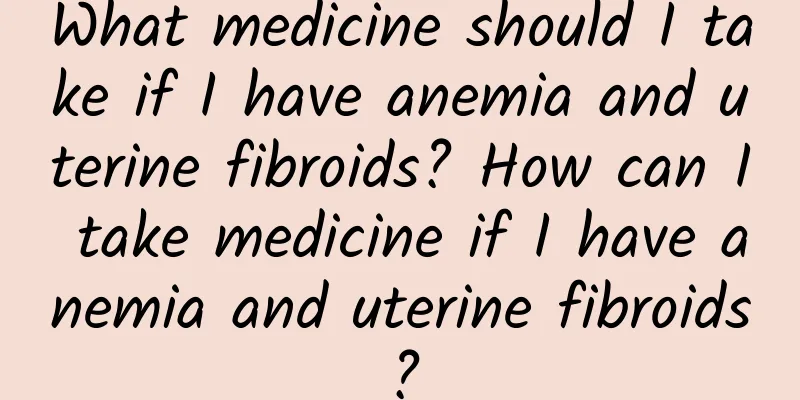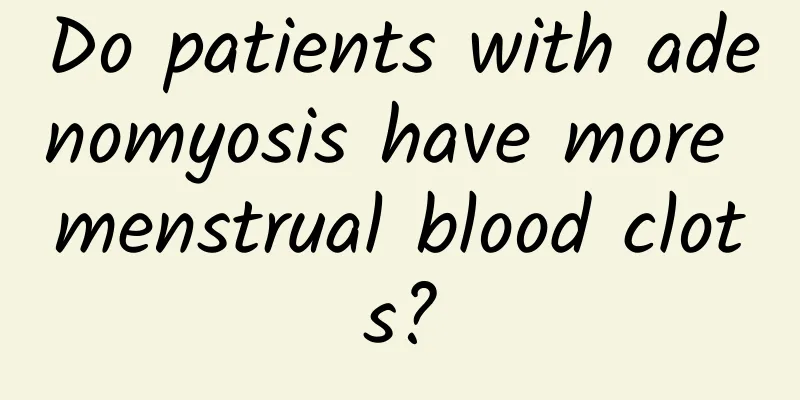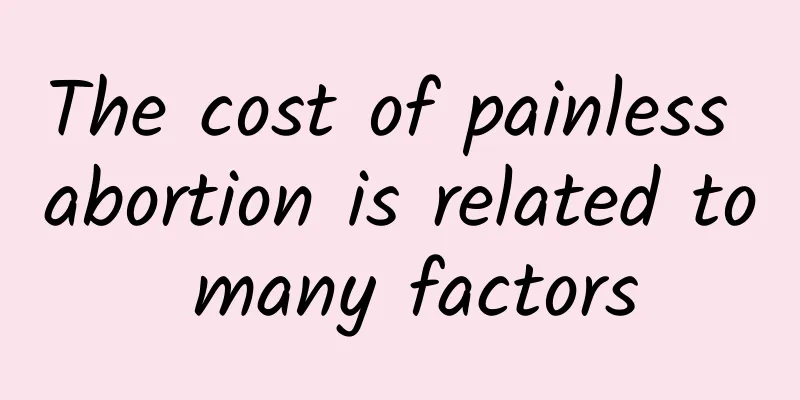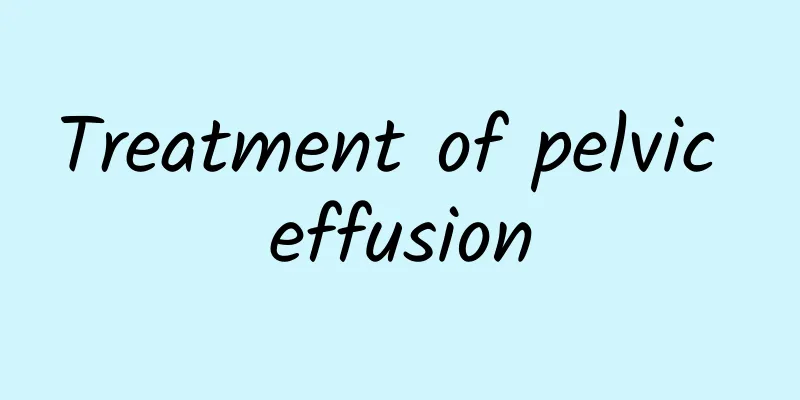How to treat cervical warts professionally

|
There are many treatments for cervical warts. The most common treatment is drug therapy, which can be said to be a basic treatment method. However, relying solely on drug treatment is not very ideal. It is recommended to combine multiple methods for treatment, which will help improve the quality and effect. The following is an introduction to the methods of treating cervical warts. Treatment There is no "special" treatment for cervical condylomata in the world, and the claims of "guaranteed cure" in medical advertisements should not be believed. When choosing a treatment plan, follow the basic principles of effectiveness, simplicity, safety, and no scarring, and stick to the treatment. There are many different treatments for cervical warts. Generally speaking, local treatment is sufficient. Common local treatments include liquid nitrogen freezing, carbon dioxide laser, and microwave treatment. The former uses very low temperatures to "freeze" the wart-like new organisms of cervical warts to death and make them fall off. Carbon dioxide laser uses the high energy generated by the laser to concentrate on the warts to destroy them. It is a simple, effective, and more commonly used method. Microwave treatment uses the thermal burning effect of electromagnetic waves to remove the warts. It is a new treatment method. There are many topical drugs for treating cervical condylomata at present. The principles are nothing more than two. One is a highly corrosive drug, which causes tissue necrosis and shedding after being applied to the wart, such as 30% to 50% trichloroacetic acid solution. If this type of drug is applied to normal skin and mucous membranes, it can also cause chemical burns, which can sometimes be very serious. Therefore, it must be used by medical staff and should not be used by patients themselves. Cervical warts are a disease that is very harmful to humans. Once the disease is completely cured, it will not affect future fertility and pregnancy. However, since the virus that causes cervical warts is very difficult to remove, at present, if there is no recurrence within one year after the symptoms disappear, it is considered to be completely cured, otherwise fertility is not recommended. |
<<: How to scientifically treat cervical warts
>>: How to treat cervical warts effectively
Recommend
What should I do if I have vaginal candidal infection?
What should I do if I have vaginal candidal infec...
Treatment principles and medication principles for amenorrhea
What are the treatment principles and medication ...
What are the effective drugs for treating uterine fibroids?
Effective treatments for uterine fibroids include...
Can severe cervical erosion lead to death?
Will severe cervical erosion lead to death? How s...
How to prevent recurrence of ectopic pregnancy
According to statistics, 10%-15% of women who hav...
What are the symptoms of chronic pelvic inflammatory disease?
Chronic pelvic inflammation generally has symptom...
What are the causes of dysmenorrhea and scanty menstruation?
Symptoms of dysmenorrhea are common in women duri...
Is amenorrhea a symptom of menopause?
Is amenorrhea a symptom of menopause? Menopause, ...
10 tips to reduce belly fat
I'm already very thin, why is my belly still ...
What are the symptoms of left ovarian cyst?
Symptoms of a left ovarian cyst may include lower...
Is chronic pelvic peritonitis contagious?
Is chronic pelvic peritonitis contagious? Pelvic ...
How to effectively treat vulvar leukoplakia
The treatment of vulvar leukoplakia mainly relies...
What are the symptoms of menopausal irregular menstruation? How to regulate menopausal irregular menstruation for women?
Menopause Irregular Menstruation Menopause is a s...
Cervical hypertrophy exercise
The treatment of cervical hypertrophy can be impr...
Remedies for irregular menstruation
Irregular menstruation is a common disease in the...

